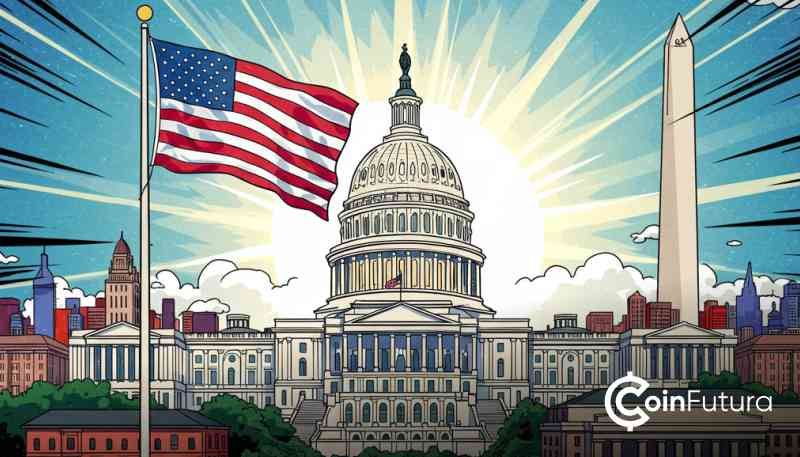- New Hampshire becomes the first U.S. state to authorize public investments in Bitcoin and gold under HB302 with a 5% asset allocation cap.
- HB302 requires digital assets to exceed $500B in market cap and mandates secure custody, audits, and strict compliance measures.
- Lawmakers cite inflation protection and financial innovation as key drivers behind creating the nation’s first Strategic Bitcoin Reserve.
New Hampshire has officially become the first U.S. state to authorize public fund investments in Bitcoin and precious metals. Governor Kelly Ayotte signed House Bill 302 (HB302) into law, creating a precedent for state-managed digital asset reserves.
New Hampshire Leads Bitcoin Reserve Legislation
The state’s new law permits up to 5% of treasury-managed public funds to be invested in top-tier digital assets. In a post by Bitcoin Laws, the organization confirmed New Hampshire’s enactment of HB302, completing every legislative step, including full chamber approvals and committee votes. This milestone marks New Hampshire as the first to formalize a Strategic Bitcoin Reserve (SBR).
Other states, such as Arizona, Texas, and North Carolina, remain in mid-legislative stages. Their bills have yet to pass final votes, and none have crossed into full enactment. However, with HB302 signed, New Hampshire sets a legislative benchmark in crypto treasury integration.
HB302 Details Secure Custody and Investment Thresholds
The law enables the treasurer to allocate funds from the General Fund and other legislatively approved reserves. According to a report by New Hampshire Bill, investments are limited to assets exceeding $500 billion in market cap, which currently includes Bitcoin and potentially Ethereum. These constraints aim to minimize volatility while leveraging store-of-value characteristics.
Moreover, the bill defines three approved custody methods: direct secure custody by the treasurer, management by a qualified custodian, or through regulated exchange-traded products (ETPs). Precious metals may be stored similarly, physically or via ETPs, with safeguards applied. The treasury must enforce strict protocols, including encrypted storage, off-grid accessibility, and independent audit requirements.
Strategic Reserve Aims to Hedge Inflation, Enable Innovation
HB302 adds Section RSA 6:8-d to New Hampshire law, codifying a legal structure for public asset diversification. Besides technical custody rules, the bill incorporates provisions to protect against overexposure and mandates oversight across all investments. The reserve concept reflects both innovation and fiscal caution.
Supporters of the bill, including Rep. Keith Ammon and the Satoshi Action Fund, see the law as a blueprint for national adoption. “The first one’s the hardest,” said Satoshi Action founder Dennis Porter, indicating the law’s potential to boost momentum in other states. With a 60-day implementation window, New Hampshire is poised to activate its reserve ahead of other jurisdictions.








